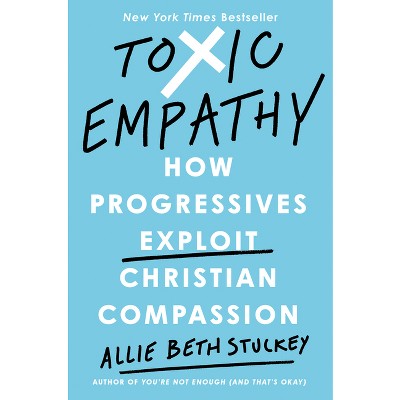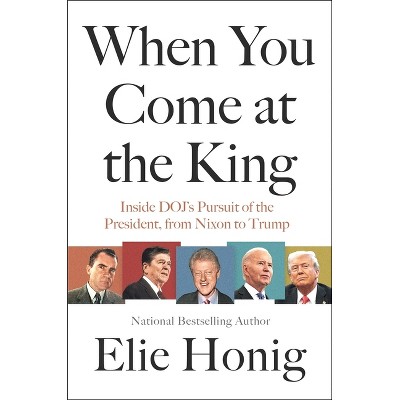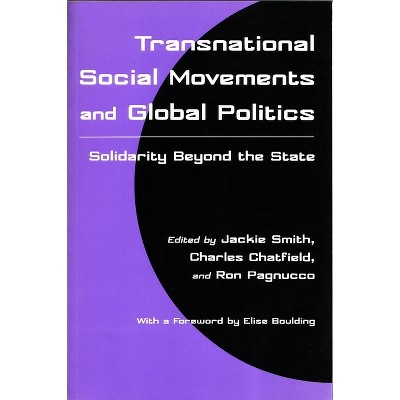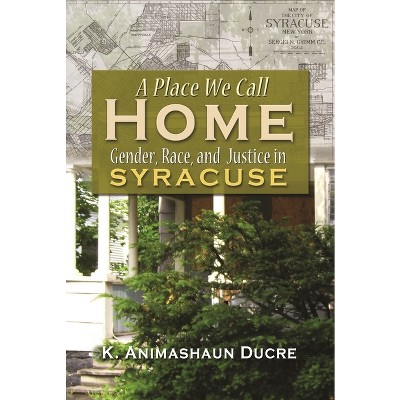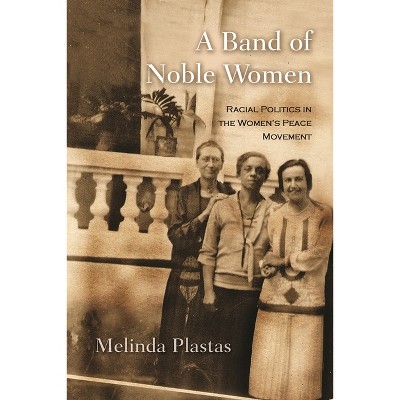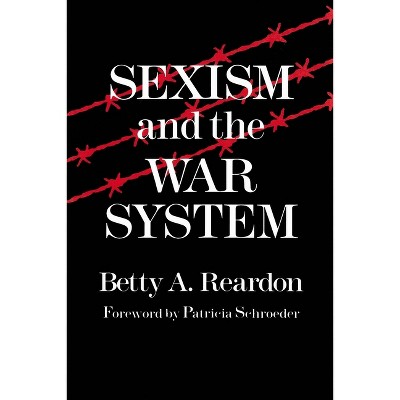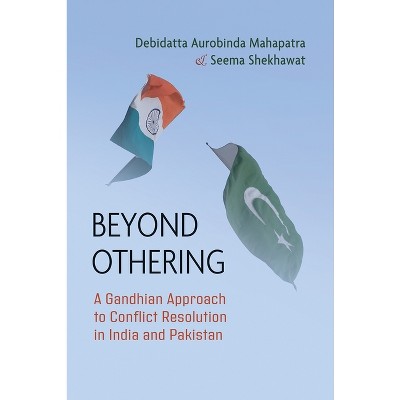The Paradox of Repression and Nonviolent Movements - (Syracuse Studies on Peace and Conflict Resolution) by Lester R Kurtz & Lee a Smithey

About this item
Highlights
- Political repression often paradoxically fuels popular movements rather than undermining resistance.
- About the Author: Lester R. Kurtz is professor of sociology at George Mason University.
- 368 Pages
- Political Science, Political Process
- Series Name: Syracuse Studies on Peace and Conflict Resolution
Description
About the Book
"This volume brings together distinguished scholars and esteemed practitioners from around the world to reflect on and present empirical case studies that expose the political, social, and psychological underpinnings of the paradox of repression"--Book Synopsis
Political repression often paradoxically fuels popular movements rather than undermining resistance. When authorities respond to strategic nonviolent action with intimidation, coercion, and violence, they often undercut their own legitimacy, precipitating significant reforms or even governmental overthrow. Brutal repression of a movement is often a turning point in its history: Bloody Sunday in the March to Selma led to the passage of
civil rights legislation by the US Congress, and the Amritsar Massacre in India showed the world the injustice of the British Empire's use of force in maintaining control over its colonies.
Review Quotes
Analyzes various methods of repression in a comprehensive manner, it is understandable and provides a relatively extensive foundation for interpreting repressive mechanisms and their impacts on social movements.-- "Interface: a journal for and about social movements"
In their thorough study of the effects of repression on social movements, especially nonviolent struggles, sociologists Kurtz and Smithey and their contributors go right to the heart of exploring how leaders, organizers, and activists can manage repressive reprisals. Although it may at first seem to be illogical, they show that it is possible to learn how intelligently to manage repression and ironically even gain from antagonistic opposition.-- "Mary Elizabeth King, professor of peace and conflict studies, University for Peace"
Moves our knowledge of this understudied yet critical aspect of nonviolent action forward in significant and compelling ways.-- "Patrick G. Coy, director School of Peace and Conflict Studies, Kent State University"
The book will be a great resource for anyone interested in learning how and in what context violent repression backfires to the authority. The focus on strategic nonviolent action also offers valuable insights for political actors interested in nonviolent action in the future.-- "Peace & Change: A Journal of Peace Research"
The contributions in this volume advance research in this field by carefully developing concepts and theories, and analyzing important cases in which activists prevailed over repressive forces. There is special attention here to nonviolent tactics that can be used to heighten the probability that repression will backfire. The contributors include both social scientists and activists, and the experience of activists who have faced repression provides helpful insights to the scholarly literature.-- "James Franklin, Ohio Wesleyan University"
About the Author
Lester R. Kurtz is professor of sociology at George Mason University. He is the editor of the three-volume Encyclopedia of Violence, Peace and Conflict.
Lee A. Smithey is associate professor of sociology at Swarthmore College. He is the author of Unionists, Loyalists, and Conflict Transformation in Northern Ireland.Shipping details
Return details
Trending Current Affairs & Politics




